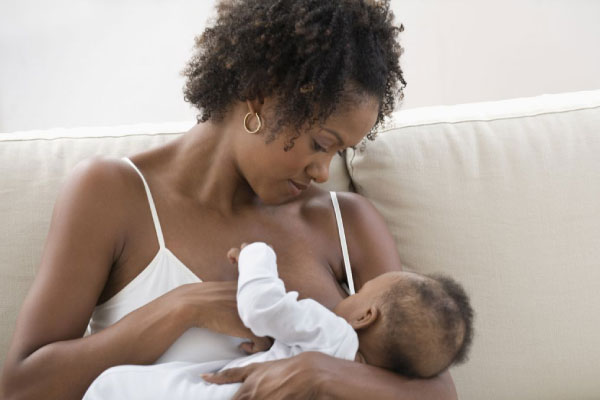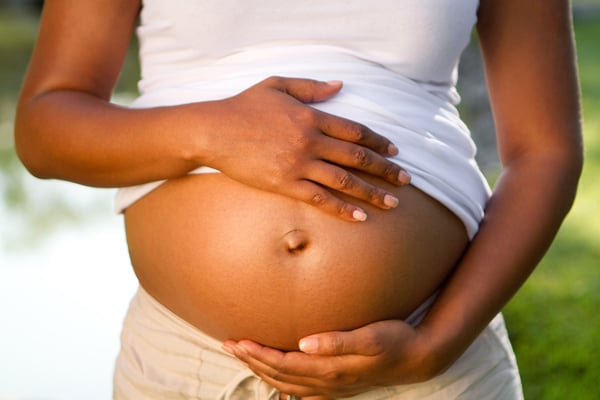Breastfeeding and delayed period

A woman breast-feeds a child. PHOTO/FILE/COURTESY
What you need to know:
- Mothers who are breastfeeding, day and night without giving the baby any other feeds (exclusive breastfeeding), may not have their period for months because they are also producing a hormone (prolactin), which apart from availing breastmilk for breastfeeding also interferes with ovulation and menstruation .
I am currently breastfeeding my last born but I have not had my period for four. I have tested for pregnancy but all three tests are negative. What is happening to me? Aziza
Dear Aziza,
When a woman of childbearing age previously menstruating misses one or more periods, she is said to have amenorrhoea, with pregnancy being suspected, the reason why you took many pregnancy tests to rule out pregnancy as the cause of your missing periods.
Mothers who are breastfeeding, day and night without giving the baby any other feeds (exclusive breastfeeding), may not have their period for months because they are also producing a hormone (prolactin), which apart from availing breastmilk for breastfeeding also interferes with ovulation and menstruation .
How often and how long the baby breastfeeds may determine how long it may take to get your period back after delivery with bottle-feeding mothers getting periods immediately after a baby is born.
Your missing period may be because you are breastfeeding, with periods being expected back after you stop.
Once the period returns, they may take a shorter or longer time than before and may not appear every month but may stabilise after a while.
Please visit your doctor to rule out other causes of a missed period and possible remedies. You should not worry about your period unless a serious disease condition is the cause, which I think is unlikely.
Can a virgin get genital warts?
I recently got swellings which the doctor diagnosed as genital warts. How could I get an STD yet I was still a virgin? Eunice
Dear Eunice,
Venereal warts are cauliflower-like swellings usually on the penis, outside the vagina and anus although they can also be found in the throat or deep on the cervix.
They are called venereal because they are sexually transmitted and can bear resemblance to other conditions such as penile pearl papules (in men) or vestibular papillomatosis (in women) which may have been remnants of genital spines. These increase sexual pleasure in animals.
Venereal warts are spread through skin to skin contact with a person who has them. Someone may say they are virgins yet they have had non-penetrative sex, which may expose them to venereal warts if their sexual partner has them. You can get warts even if you use condoms or do not have penetrative sex. Because a condom may not cover all the body parts exposed to a sexual partner, a condom may not prevent transmission of venereal warts Anal or genital warts may be transmitted during birth although infected hands, shared swimsuits, towels or underpants can transmit them.
Please do not self-medicate because what you have may not be venereal warts but the sexual pleasure giving small swellings outside of the vagina called vestibular papillomatosis, which although awkward looking are treasured by women who have them and loved by men since they bring sexual pleasure.
Genital or venereal warts can be prevented through immunisation which in Uganda targets nine to13-year-old girls who are not yet sexually active.




